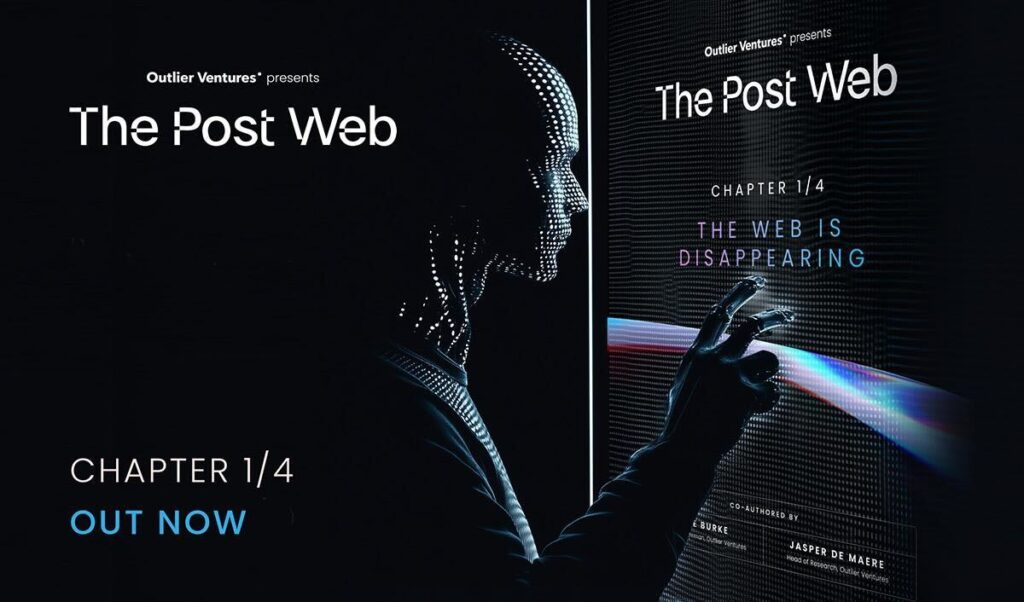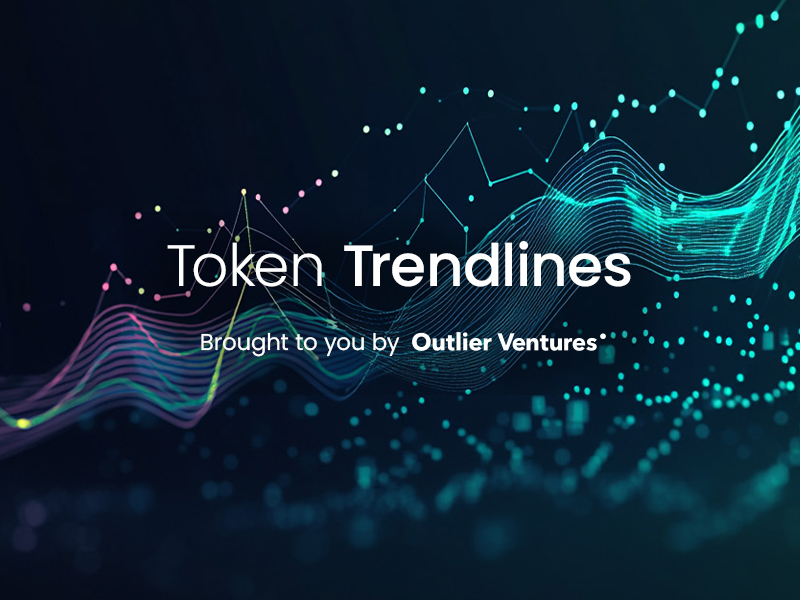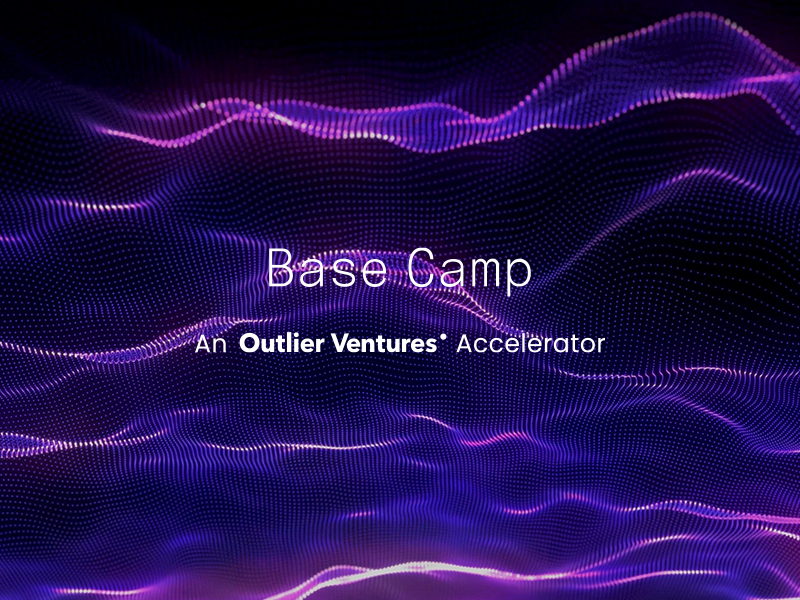Introducing The Post Web Thesis: Chapter 1 of 4

Chapter 1: The Web is Disappearing Introducing our latest thesis: The Post Web, co-authored with Jasper De Maere, our Head of Research. Today, we launch the first of four chapters exploring what lies beyond Web3, diving into each layer of this paradigm shift and a world where machines and autonomous agents act on our behalf. […]
Token Trendlines #2: Bitcoin Halving. The Four Year Cycle Is Dead

Four months after the Bitcoin halving, we’re witnessing the worst price performance following any halving to date. In this piece, we explain why the halving no longer has a fundamental impact on the price of BTC and other digital assets, with the last time it had dating back to 2016. It’s time for founders and […]
Token Trendlines #1 – Fundraising Deep Dive

Since March 2024, the cryptocurrency market has seen a correction, with altcoins down >50% from peak. While the state of liquid tokens is obvious, the impact is less clear for private deals and token launches. By looking at over 2,000 deals across traditional and token sales, we found that early-stage activity and ticket sizes ($M) […]
Introducing Outlier’s Call for Builders

Call for Builders In this work, we look at some of the narratives that we believe are exciting areas where founders are building promising new Web3 primitives and where we, as the global leading Web3 accelerator and most active Web3 investor, can have significant impact in supporting founders at the beginning of their journey. While […]
Exchanges’ Move To Open Source

The war for crypto users is taking a new shape. We see exchanges moving from closed to open systems as they embrace Web3 wallets, build EVM L2s and adopt existing infrastructure such as the lightning network.
MetaFi: DeFi for the Metaverse

We believe the next phase of growth in the evolution of DeFi will come not from better integration into the existing financial system, more regulation or real world assets and CeFi but instead by unlocking digital value already native to the Metaverse. In our follow up to The Open Metaverse OS paper we introduce MetaFi: decentralised […]